Russian Orthodox Church to elect new leader
A council of electors, which includes clergy, political figures and businessmen, gathered in Moscow on Tuesday to choose a new Russian Orthodox Church leader.
Tuesday, 27.01.2009.
10:52

A council of electors, which includes clergy, political figures and businessmen, gathered in Moscow on Tuesday to choose a new Russian Orthodox Church leader. The 711-member group convened for a three-day session to elect a successor to Patriarch Alexy II, who died in December aged 79 after leading the revival of the world's largest Orthodox church since 1990. Russian Orthodox Church to elect new leader This is the first election of a patriarch since the breakup of the atheist Soviet Union. Observers and some electors expect a new patriarch to be named as soon as Tuesday evening, as a vote is scheduled for 5:30 p.m. Moscow time (14:30 GMT). "This is the general feeling," said Bishop Ilarion of Vienna and Austria, a Church representative at European international organizations. "If the election takes place in the first round, we will know the new patriarch's name on Tuesday night." The church's interim leader, Metropolitan Kirill of Smolensk and Kaliningrad, is the leading candidate on a shortlist that includes two other hierarchs chosen in a secret ballot by the Council of Bishops on Sunday. Kirill, 62, in charge of the church's external relations, has led dialogue with the Vatican, a sensitive issue for the two churches, which split almost 1,000 years ago. He is well-known in Russia through his weekly television program and frequent public appearances. Kirill received the most votes, 97, in Sunday's ballot. Observers, however, say his public and political zeal could turn many bishops against him during a larger vote on Tuesday. The other candidates on the shortlist are Metropolitan Kliment of Kaluga and Borovsk with 32 votes, and Metropolitan Filaret of Minsk and Slutsk, who received 16 votes. They are seen more as traditionalists. The elected representatives of the clergy and faithful laymen may also propose their own candidates. The makeup of the electors - two-thirds clergy and one-third lay people, including prominent businessmen providing financial aid to churches and monasteries - has stirred criticism among the Russian public. The lay electors include the chiefs of a tobacco company, pharmaceuticals firm, metals producer and nuclear power company, as well as a senior lawmaker and other officials. Well-known theologian Andrei Kurayev called the council a "congress of industrialists and entrepreneurs" and "a vanity fair." Church officials have argued those people are part of Russian society and church. The Church Council session is taking place in the sumptuous Christ the Savior Cathedral with clergy clad in ceremonial robes. Streets around the cathedral in central Moscow have been closed to traffic. The new Russian patriarch is expected to be enthroned on Sunday.
Russian Orthodox Church to elect new leader
This is the first election of a patriarch since the breakup of the atheist Soviet Union.Observers and some electors expect a new patriarch to be named as soon as Tuesday evening, as a vote is scheduled for 5:30 p.m. Moscow time (14:30 GMT).
"This is the general feeling," said Bishop Ilarion of Vienna and Austria, a Church representative at European international organizations. "If the election takes place in the first round, we will know the new patriarch's name on Tuesday night."
The church's interim leader, Metropolitan Kirill of Smolensk and Kaliningrad, is the leading candidate on a shortlist that includes two other hierarchs chosen in a secret ballot by the Council of Bishops on Sunday.
Kirill, 62, in charge of the church's external relations, has led dialogue with the Vatican, a sensitive issue for the two churches, which split almost 1,000 years ago. He is well-known in Russia through his weekly television program and frequent public appearances.
Kirill received the most votes, 97, in Sunday's ballot. Observers, however, say his public and political zeal could turn many bishops against him during a larger vote on Tuesday.
The other candidates on the shortlist are Metropolitan Kliment of Kaluga and Borovsk with 32 votes, and Metropolitan Filaret of Minsk and Slutsk, who received 16 votes. They are seen more as traditionalists.
The elected representatives of the clergy and faithful laymen may also propose their own candidates.
The makeup of the electors - two-thirds clergy and one-third lay people, including prominent businessmen providing financial aid to churches and monasteries - has stirred criticism among the Russian public.
The lay electors include the chiefs of a tobacco company, pharmaceuticals firm, metals producer and nuclear power company, as well as a senior lawmaker and other officials. Well-known theologian Andrei Kurayev called the council a "congress of industrialists and entrepreneurs" and "a vanity fair."
Church officials have argued those people are part of Russian society and church.
The Church Council session is taking place in the sumptuous Christ the Savior Cathedral with clergy clad in ceremonial robes. Streets around the cathedral in central Moscow have been closed to traffic.
The new Russian patriarch is expected to be enthroned on Sunday.


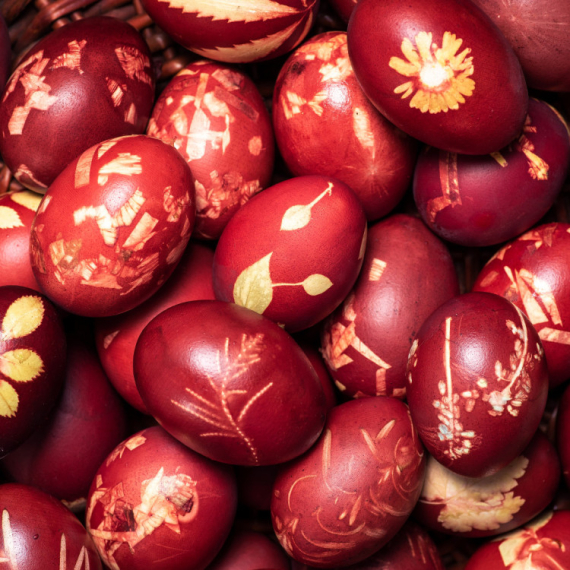







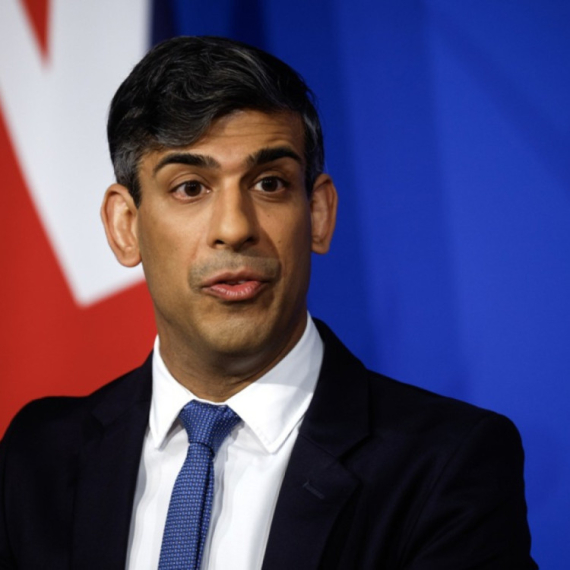
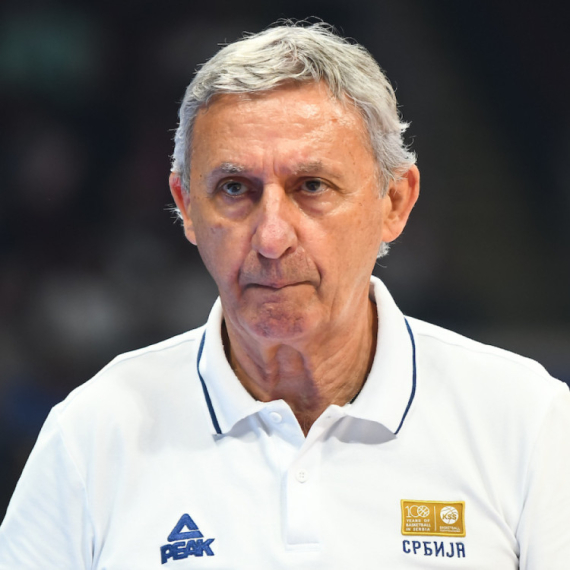



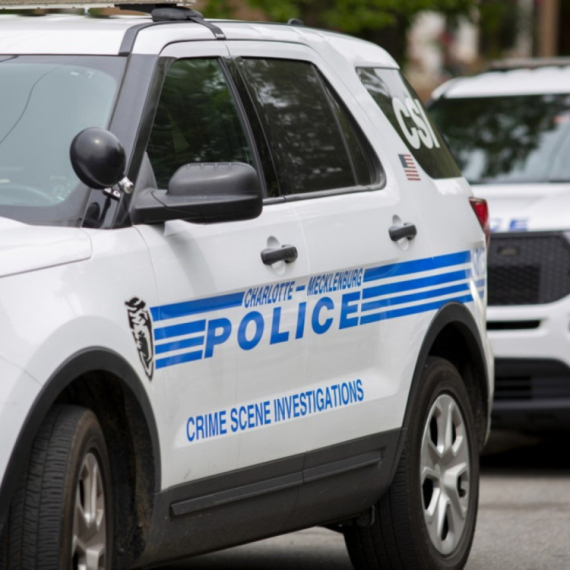
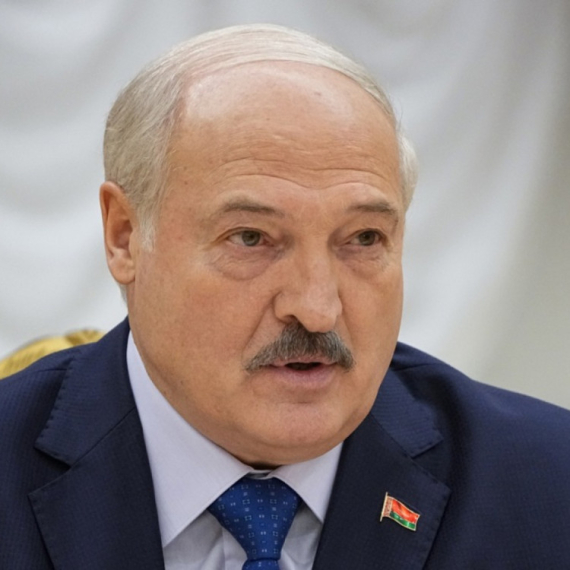

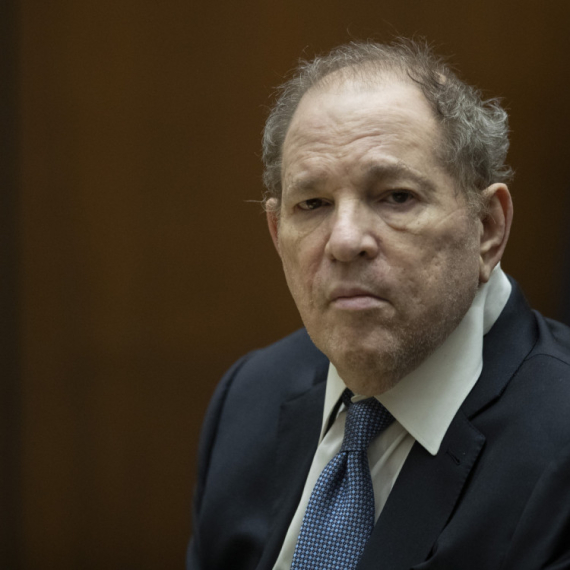
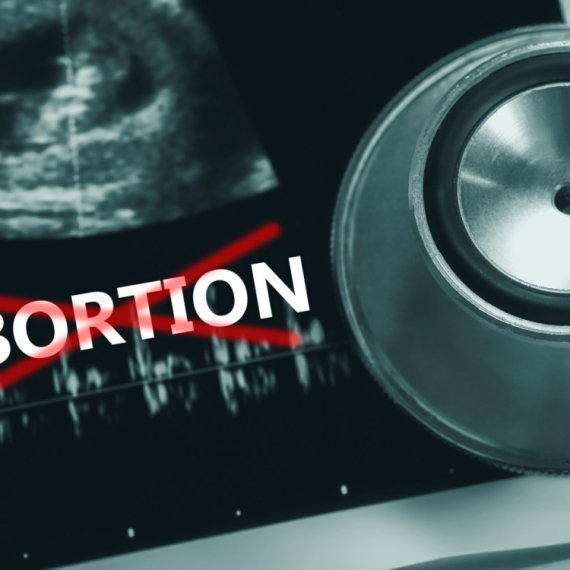


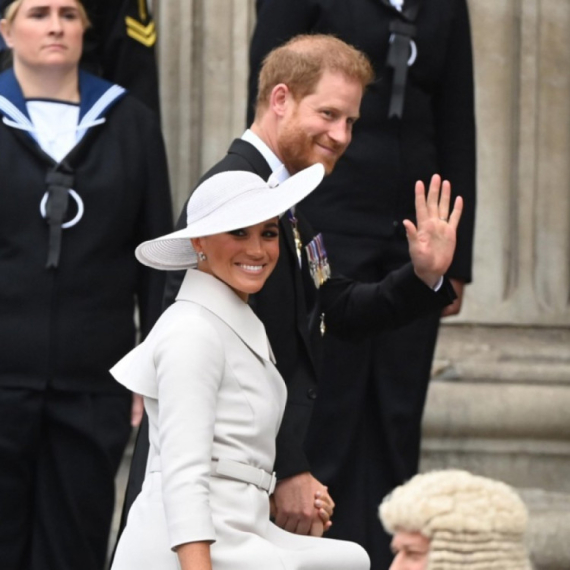


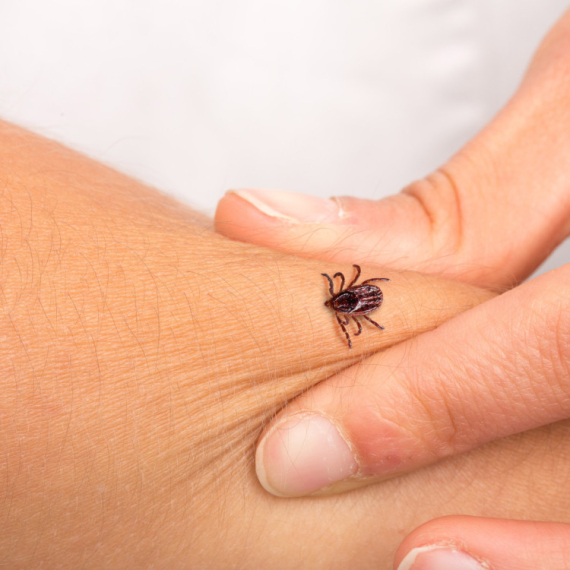
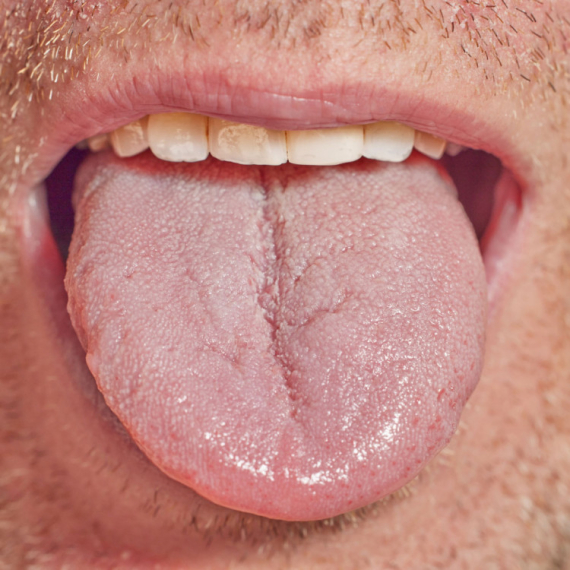





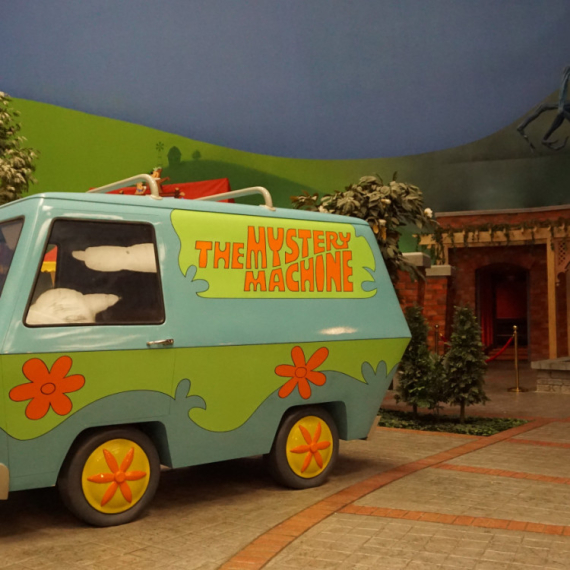











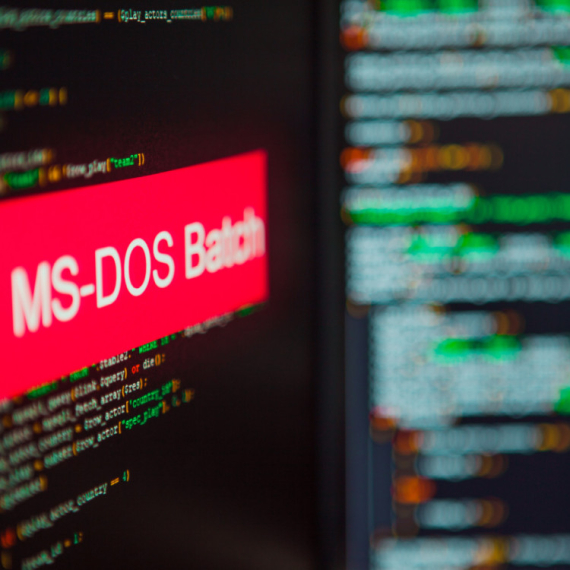




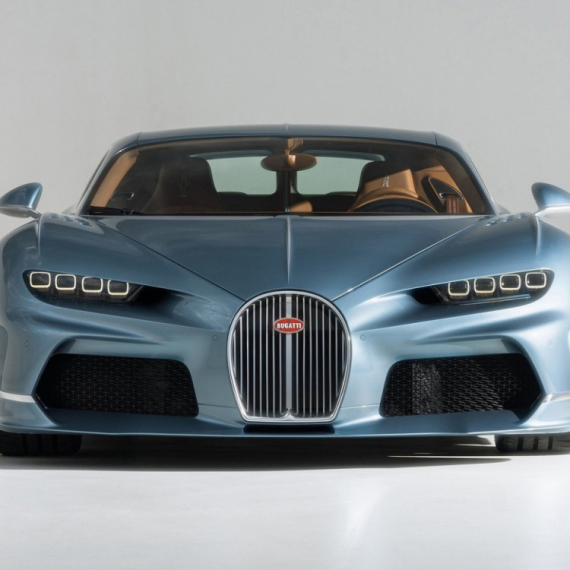
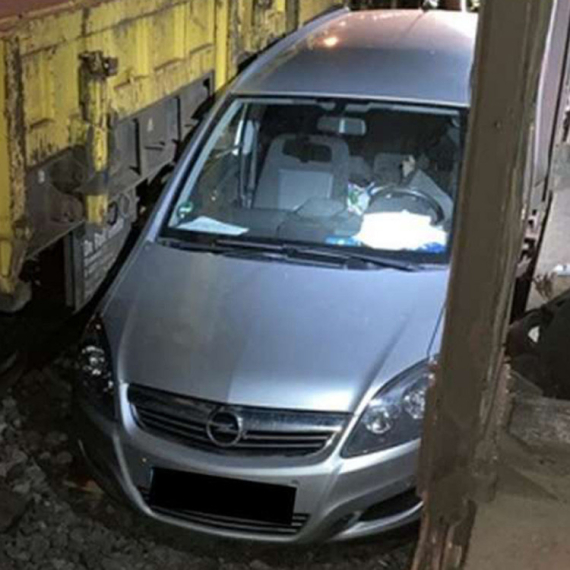


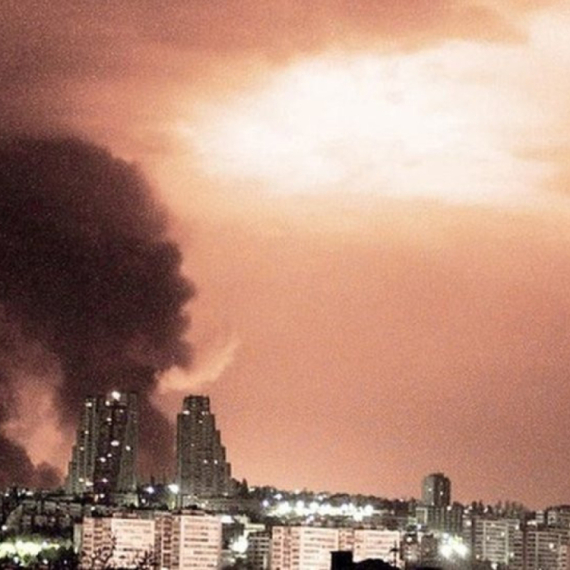
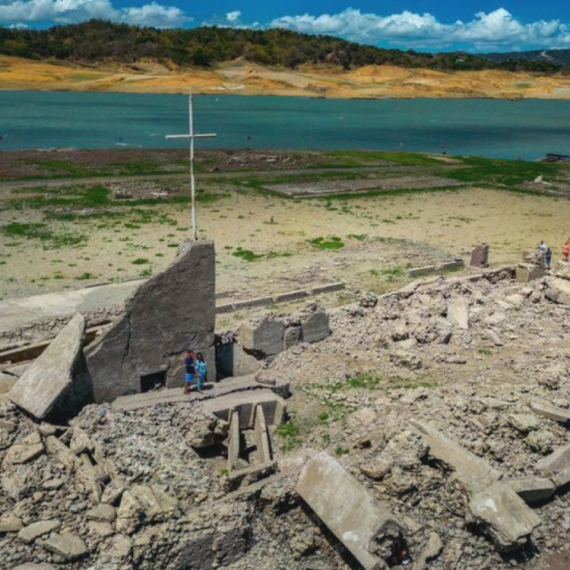

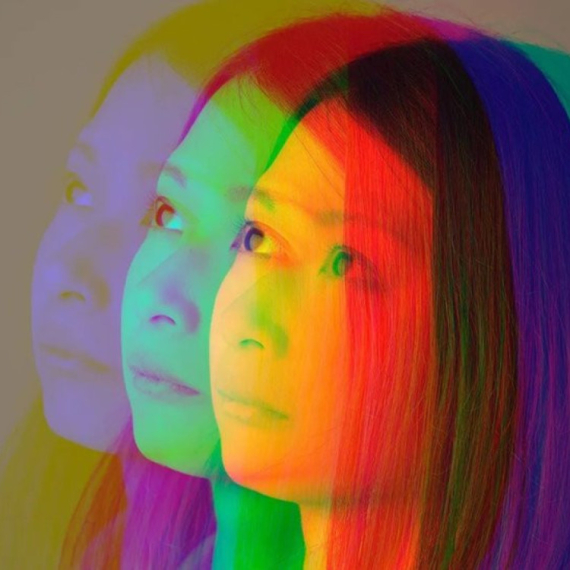
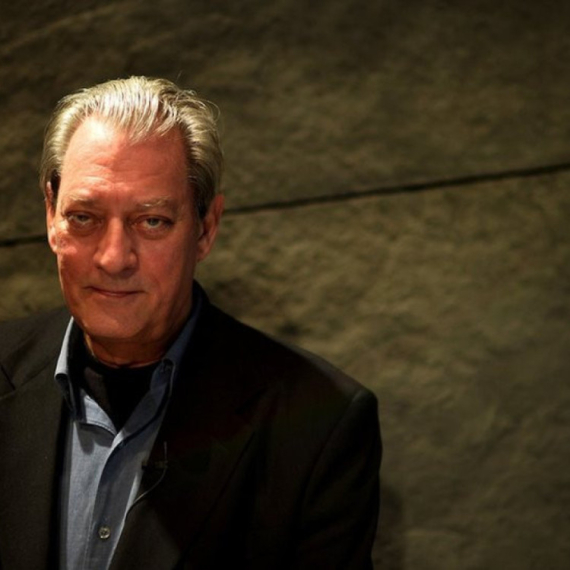

Komentari 0